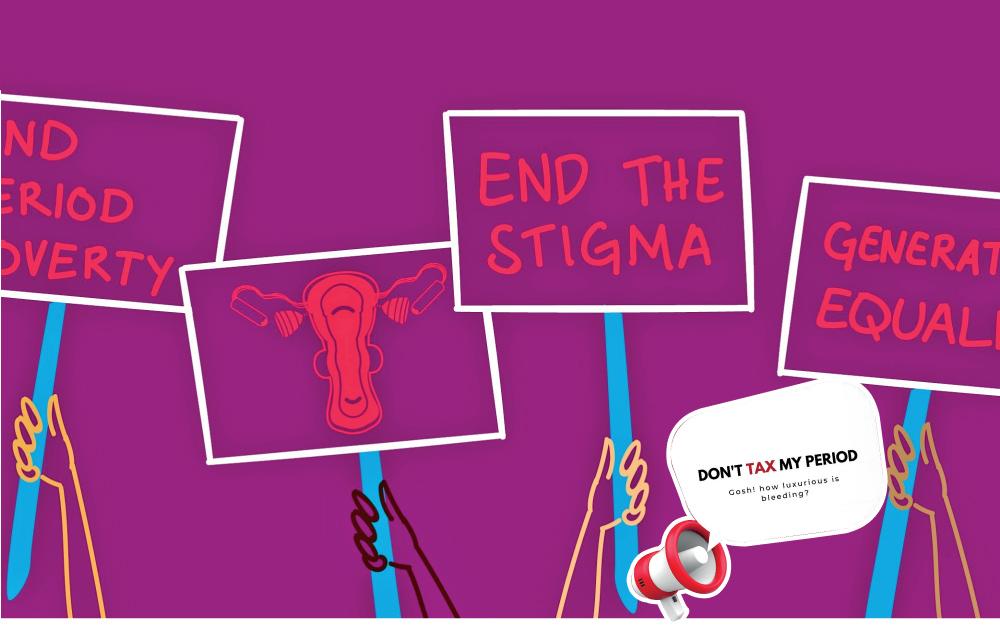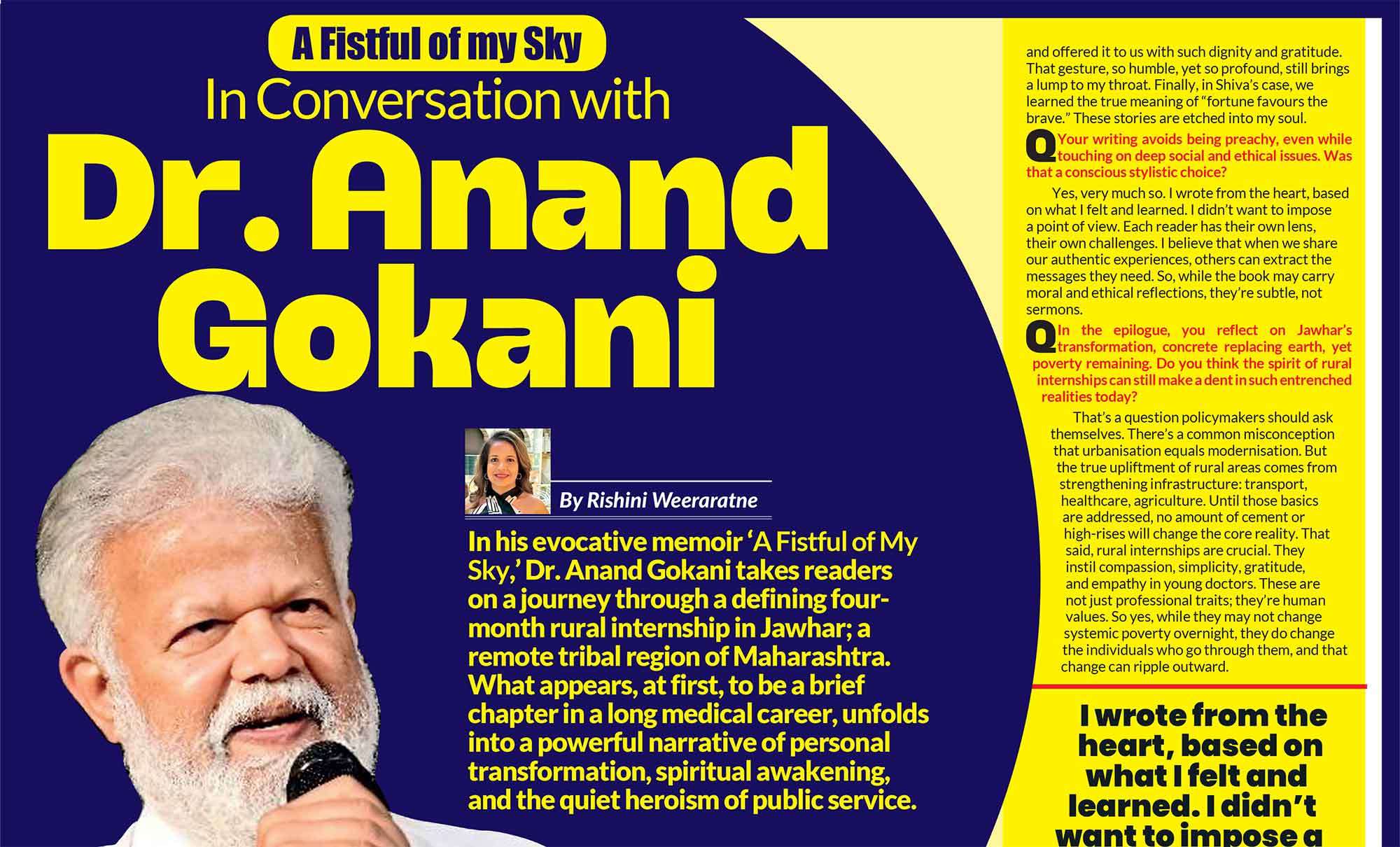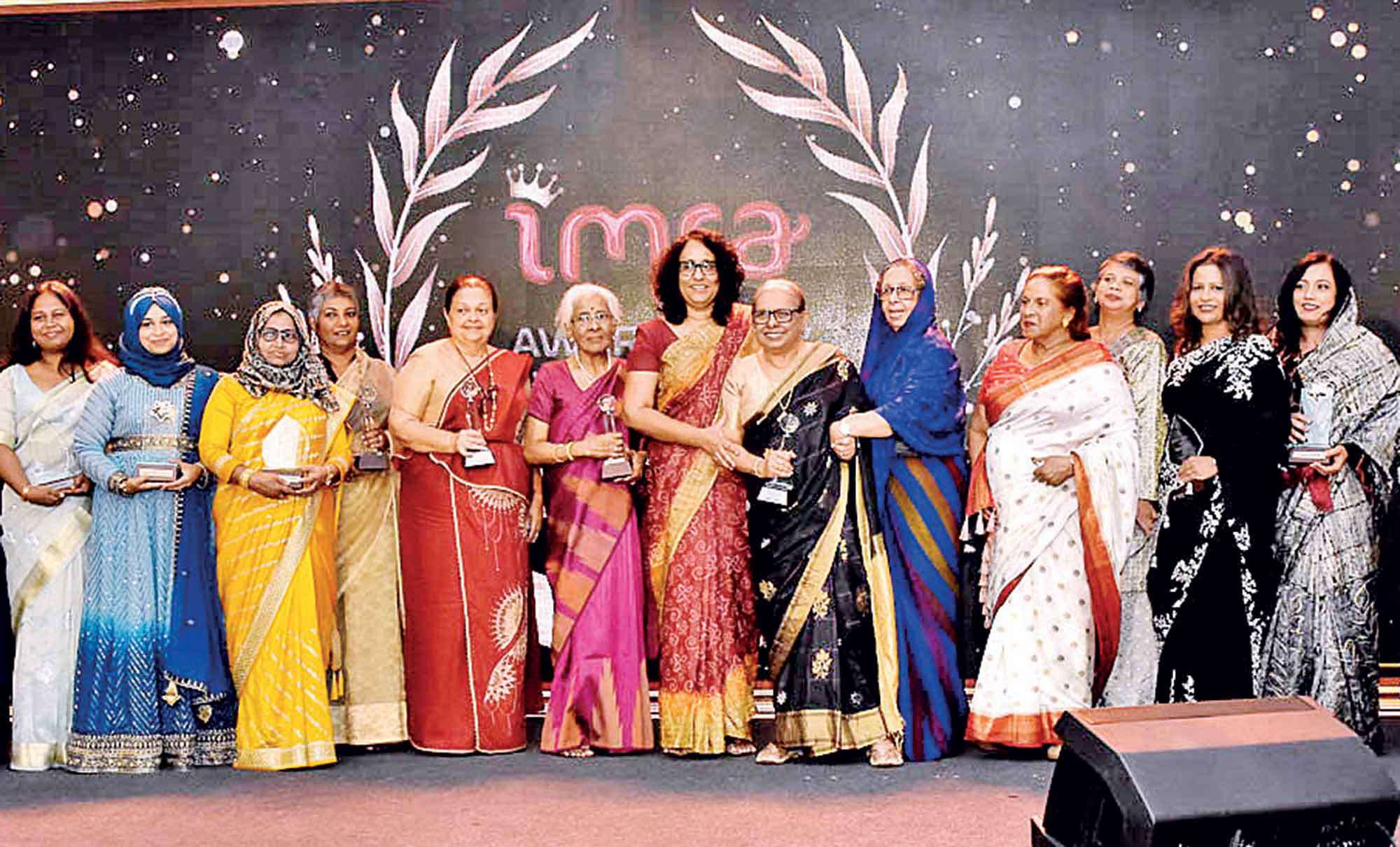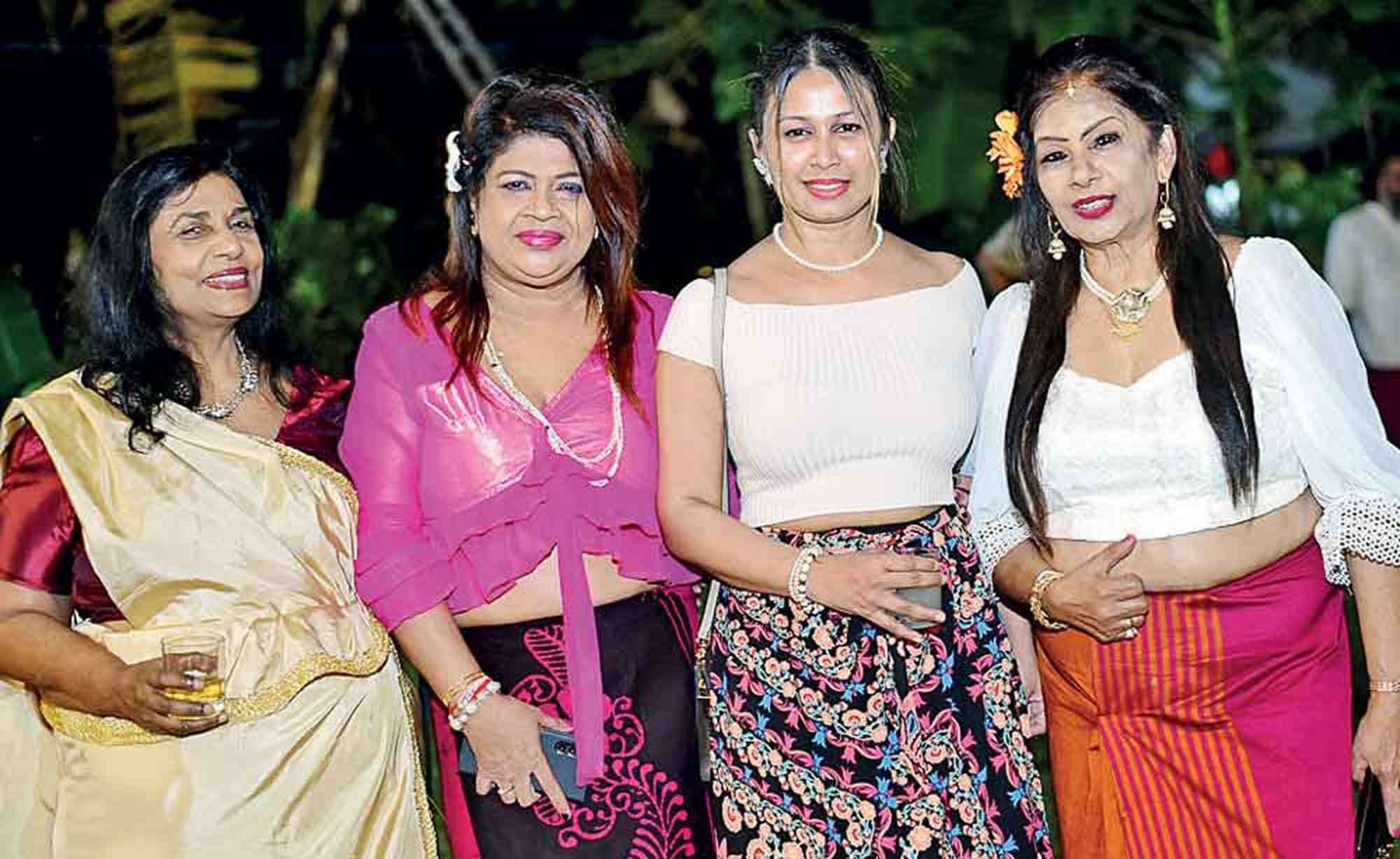
Period poverty; the lack of access to menstrual hygiene products, education, and facilities, remains a significant global issue affecting millions of women and girls. This challenge not only impacts health and well-being but also hinders educational and economic opportunities, perpetuating gender inequality.
Global Overview
According to a 2024 UN report, the global economy loses approximately $10 trillion annually due to inadequate investment in women and gender equality. This staggering figure underscores the profound economic implications of neglecting women’s needs, including menstrual health. The report also highlights that poor education for young women results in substantial global costs, and countries may forfeit significant economic benefits due to gender gaps in internet usage and insufficient support for female farmers. Menstrual health management is a critical component of this broader issue. Globally, millions of women and girls face challenges in accessing affordable and safe menstrual products.
This lack of access leads to health risks, educational setbacks, and social stigmatization. For instance, in many parts of the world, cultural taboos and misinformation about menstruation persist, leading to discrimination and exclusion from daily activities.
Period Poverty in Sri Lanka
Sri Lanka presents a compelling case study in understanding the multifaceted nature of period poverty:
Economic Barriers
Recent data indicates that approximately 50% of households with menstruating women do not allocate funds for sanitary napkins. This statistic underscores the financial constraints many families face, making menstrual products a luxury rather than a necessity. The economic crisis has exacerbated this issue, pushing more families into poverty, and further limiting their ability to afford these essential items.
Taxation Issues
As of 2025, menstrual products in Sri Lanka continue to be subjected to high taxation rates. Previously, these products faced a tax rate of 101.2%, which was reduced following advocacy efforts. However, a report from PublicFinance.lk, managed by the independent think tank Verité Research, highlights that Sri Lanka still imposes a significantly high tax rate of 47.1% on sanitary napkins. This is considerably higher than the taxes on certain non-essential items such as gold jewellery (30.6%), raw silk (22.3%), and luxury and military items like golf clubs and military artillery weapons (22.3%). For comparison, neighbouring countries like India and Bangladesh have eliminated taxes on sanitary pads, ensuring affordability and accessibility. The persistent high taxation in Sri Lanka contributes to the elevated retail prices of menstrual products, making them inaccessible to economically disadvantaged women and girls. The cheapest packet of sanitary napkins (containing 10 pieces) costs Rs. 125, further limiting access for low-income families.
Educational Impact
The lack of access to affordable menstrual products has led to increased absenteeism among schoolgirls. Many girls miss school during their periods due to fear of staining, discomfort, and the inability to manage menstruation hygienically. This absenteeism hampers their educational progress and perpetuates gender disparities in education. A project highlighted that 50% of female students face period poverty, lacking access to sanitary products, proper disposal facilities, and clean washrooms, leading to absenteeism, mental stress, and social stigma.
Cultural Taboos and Misinformation
Cultural beliefs and misinformation about menstruation remain prevalent in Sri Lanka. For example, a UNICEF and WaterAid study found that 60% of parents do not allow their daughters to attend school during their first period, and 80% of teachers believe that bathing should be avoided during menstruation. These misconceptions contribute to poor menstrual hygiene practices and reinforce stigma.
Recent Initiatives and Policy Responses
Recognizing the detrimental effects of period poverty, various initiatives have been implemented in Sri Lanka:
- Government Initiatives: In the 2025 budget, the Sri Lankan government allocated Rs. 1,440 million to provide sanitary napkins for female students. This initiative aims to reduce absenteeism and promote better menstrual hygiene management among students.
- Advocacy for Tax Reforms: Organizations like the Family Planning Association of Sri Lanka (FPASL) have been actively advocating for the removal of all taxes on sanitary products. They highlight that the tax revenue from these products is negligible (0.0002% of total tax revenue) and removing the taxes would significantly improve accessibility for menstruators across the country.
- Awareness Campaigns: Organizations like the UNFPA have partnered with local entities, such as the Sri Lanka Masters Women Hockey Team, to advocate for better access to information and services related to menstrual health. These campaigns aim to challenge cultural taboos and promote open discussions about menstruation.
Conclusion
Period poverty is a pressing global issue with far-reaching consequences for health, education, and economic development. In Sri Lanka, economic barriers, cultural taboos, and inadequate policy measures have compounded the challenges associated with menstrual health management. However, recent initiatives, including government policies and advocacy efforts, offer hope for more equitable access to menstrual hygiene products and education. Addressing period poverty requires a multifaceted approach that includes economic reforms, educational programs, and cultural shifts to ensure that all women and girls can manage their menstruation with dignity and without hindrance to their personal development.











